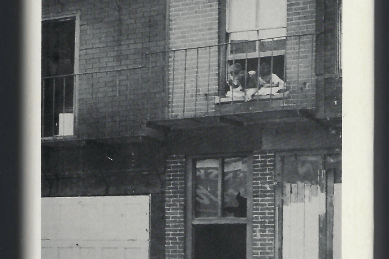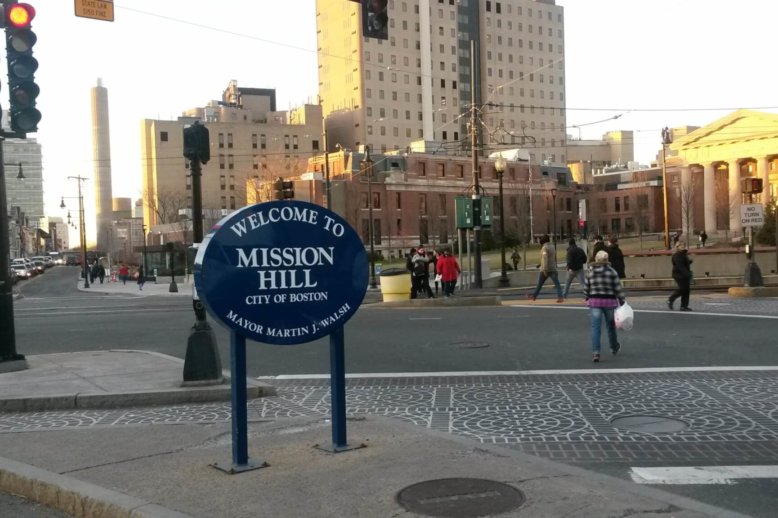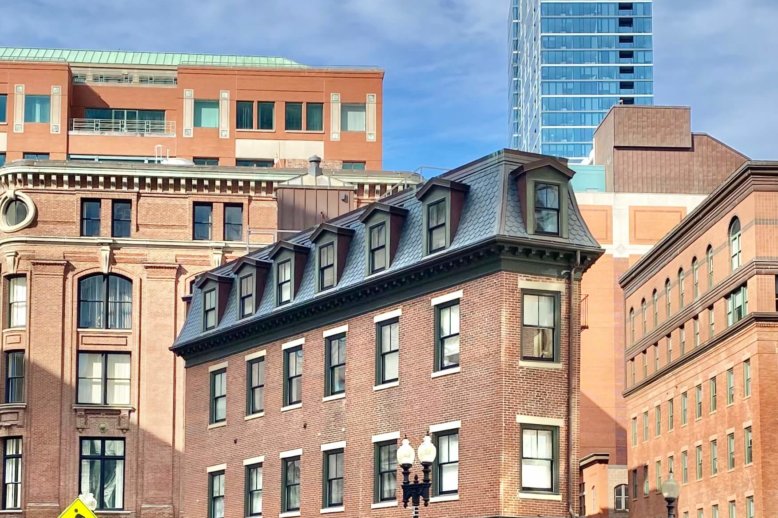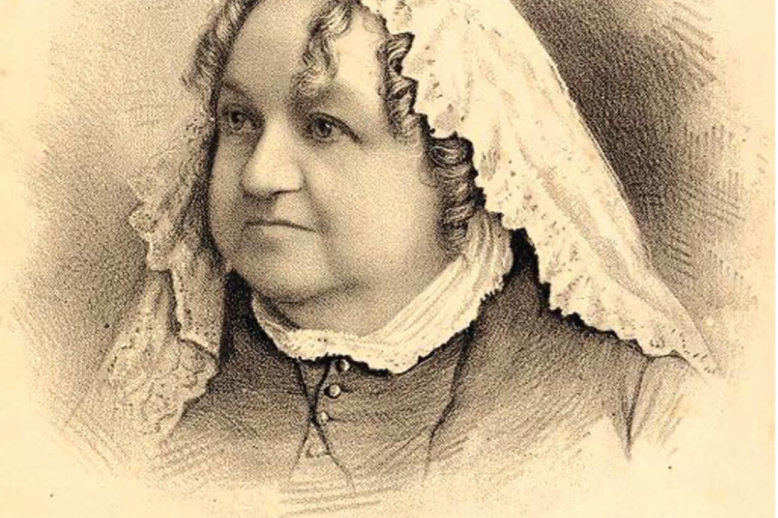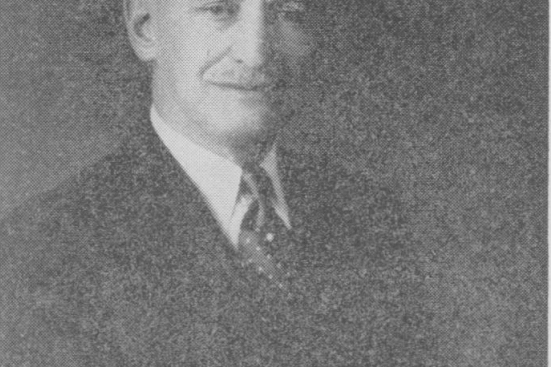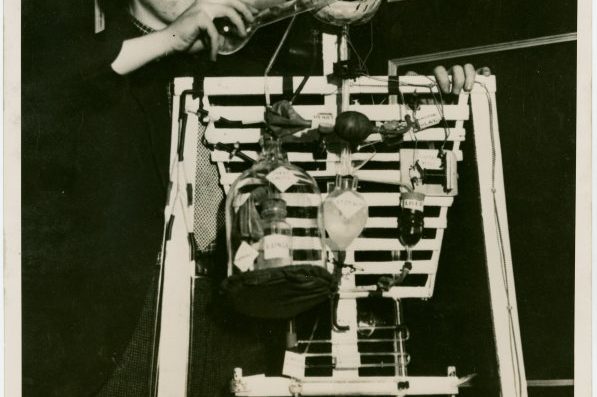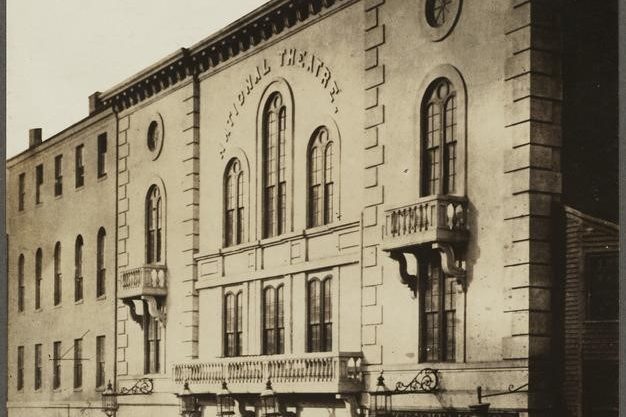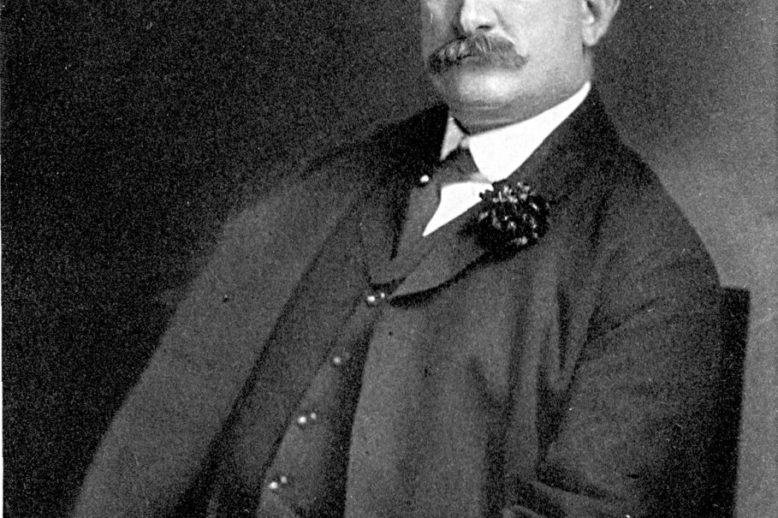Topic: Medicine
Medicine, doctors, hospitals, pharmaceuticals
Soon after the bulldozers of urban renewal began clearing land, experts in various fields focused on the effects of development projects and the human cost paid by affected communities, such as Boston’s West End. Marc Fried, a Harvard educated psychologist, interviewed hundreds of displaced West End residents in the late 1950’s to assess the emotional effects of relocation. The results of his work, and that of other dedicated researchers, helped turn public opinion against top-down urban renewal and inspired community activism throughout the United States.
In the mid-1960’s, Harvard University purchased twenty acres of land in the diverse and predominantly working-class Mission Hill section of Roxbury in the hopes of expanding its presence in the Longwood Medical Area. Having witnessed the disastrous effects of redevelopment in the West End and successful community intervention in other Boston neighborhoods, Mission Hill residents, with the help of young activists from Harvard itself, were able to secure affordable housing for over a thousand people.
Thomas L. Banks left New Hampshire for Boston in 1845 to pursue a degree in medicine from Harvard University. He settled in the West End where he built a successful medical practice and forged a career in local and state politics. The site of his successful apothecary business, formerly known as the Jenks Building, still stands today at 132 Portland Street and is noted as one of the more architecturally unique historic buildings in the Bulfinch Triangle.
In the mid-19th century, Mary Ann Vincent, a popular English actress, arrived in the West End to expand her career. Her reputation for kindness and charity inspired those around her and blossomed into multiple institutions founded in her name, which to this day work to support women with access to advanced healthcare.
Dr. Charles Wilinsky, a Polish immigrant who cared for West Enders at his private medical practice, founded the neighborhood’s first dedicated health center to centralize disparate healthcare services and educate West Enders in preventative healthcare practices.
At New York’s 1939-40 World’s Fair, a young man from the West End presented the Chemical Man, a working model of the human digestive system.
Dr. Joseph Stevens (J.S.) Jones, who lived most of his life in the West End, was a successful actor, playwright, theater manager, and physician in the nineteenth century. Jones graduated from Harvard Medical School and wrote between 150 and 200 plays in his lifetime. In 1924, the City of Boston tore down Dr. Jones’s home on Bowdoin Street, and other historic West End sites, in order to widen Court and Cambridge Streets.
Boston stockbroker Thomas W. Lawson owned a racehorse, Boralma, who won $5000 in Kentucky’s Transylvania Stakes in 1900. The earnings were donated to the West End Nursery and Infants’ Hospital, with an amusing letter exchange between “Boralma” and “The Babies.”


